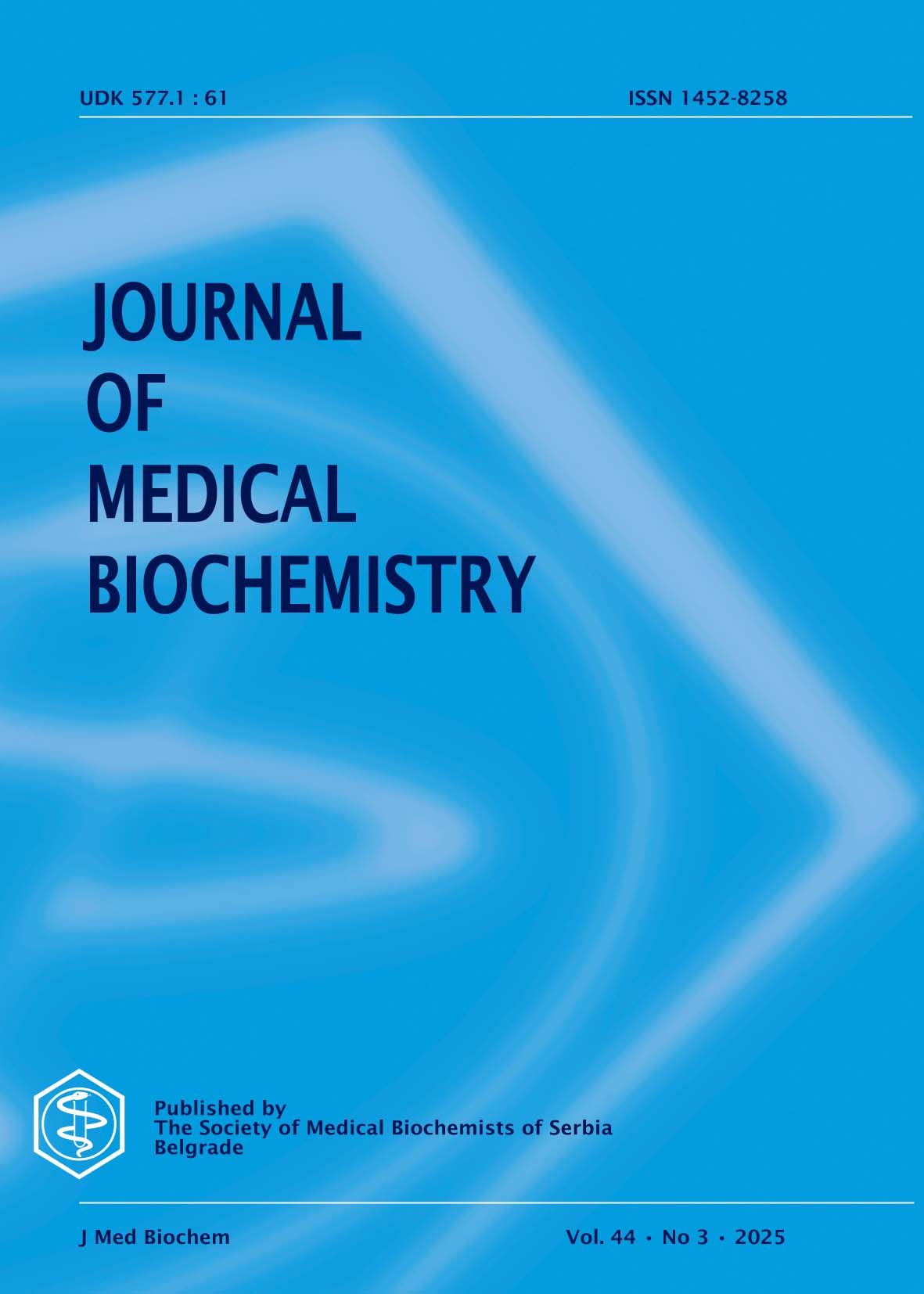Assessing the Effects of Menopause and Obesity On Matriptase-2 and Neurokinin B Concentrations : A Cross Sectional Study
Matriptase-2 and Neurokinin-B in Menopausal Obese
Abstract
Background: Matriptase-2 (MT2) is implicated in iron metabolism, obesity, insülin resistance, and glucose homeostasis. Neurokinin B (NKB) plays a crucial role in gonadotropin secretion essential for reproduction. The impact of menopause and obesity on MT2 and NKB concentrations remains an enigma. Therefore, the present study sought to investigate how obesity and menopause affect serum concentrations of MT2 and NKB.
Methods: In this cross-sectional study, 120 female volunteers were divided into four groups: menopausal overweight, menopausal obese, menopausal normal weight (control), and reproductive normal weight (control). The participants’ serum levels of MT2, NKB, iron, ferritin, and relevant biochemical parameters were analyzed using the ELISA method.
Results: The mean serum concentrations of NKB, MT2, and ferritin were higher in the menopausal overweight and obese groups (p < 0.05). The mean concentrations of NKB, MT2, and estradiol were determined to be higher, and the levels of iron, hemoglobin, glucose, FSH, LH, LDL, and total cholesterol were found to be lower in the reproductive control group when compared with the menopausal control group (p < 0.05). A positive correlation was identified between BMI and NKB, MT2, and ferritin concentrations in menopausal overweight and obese groups (p < 0.05).
Conclusions: Obesity elevated NKB and MT2 concentrations in menopausal women. The increase in MT2 levels in menopausal overweight or obese women may be one of the factors responsible for the increase in ferritin and body fat ratio. As BMI raised, NKB, MT2, and ferritin concentrations raised in the menopausal overweight or obese groups; therefore, depression of MT2 in obese patients could be beneficial for therapeutic purposes. Additionally, gonadal hormonal changes altered serum concentrations of NKB, and the increase in NKB and gonadotropin levels in menopause may enhance vasomotor symptoms.
Copyright (c) 2025 Funda BULUT ARIKAN, Nevin SAGSOZ

This work is licensed under a Creative Commons Attribution 4.0 International License.
The published articles will be distributed under the Creative Commons Attribution 4.0 International License (CC BY). It is allowed to copy and redistribute the material in any medium or format, and remix, transform, and build upon it for any purpose, even commercially, as long as appropriate credit is given to the original author(s), a link to the license is provided and it is indicated if changes were made. Users are required to provide full bibliographic description of the original publication (authors, article title, journal title, volume, issue, pages), as well as its DOI code. In electronic publishing, users are also required to link the content with both the original article published in Journal of Medical Biochemistry and the licence used.
Authors are able to enter into separate, additional contractual arrangements for the non-exclusive distribution of the journal's published version of the work (e.g., post it to an institutional repository or publish it in a book), with an acknowledgement of its initial publication in this journal.

